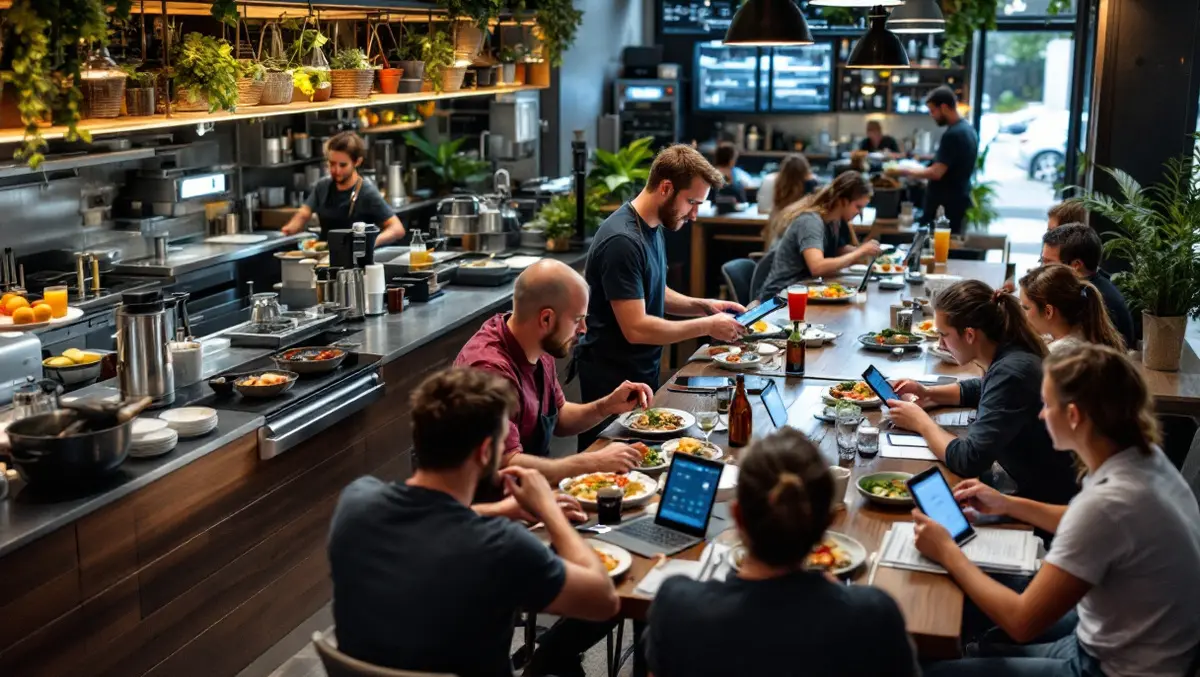
Technology boosts growth in Australian hospitality sector
Technology is significantly aiding the Australian hospitality industry in managing economic challenges and fostering growth.
A recent report by Lightspeed has revealed that nearly half (47%) of venue operators have acknowledged the role of technology in enhancing operational efficiency amidst rising costs and labour shortages.
Furthermore, 41% noted improvements in customer service, as digital tools allow staff to concentrate more on service delivery. The report anticipates that in 2025, there will be sustained investment in technologies including contactless payment systems, workforce management software, online ordering platforms, and inventory management software.
The Lightspeed Hospitality Insights and Dining Dynamics Report provided insights into various trends within the industry, suggesting a projected growth of 31% across restaurants, bars, and cafes in the coming year. Nicole Buisson, Managing Director for APAC at Lightspeed, explained the report's objectives: "Through this report, we set out to understand the challenges and opportunities, trends and talking points, experiences and expectations amongst a hospitality industry that adds so much value to Australia economically, culturally and socially."
Despite economic pressures, Australians' love for dining out persists. In 2024, Australians frequented restaurants and bars more often than the previous year, with younger Australians leading this trend. Venues have responded to economic challenges by raising menu prices by an average of 22% in 2024, with over half (53%) of venues reporting such increases to combat rising supply costs and labour shortages.
Sustainability and dietary needs are gaining priority among consumers and businesses alike.
The report shows an increasing consumer preference for sustainable food sources, with 34% of Australians expressing a desire for venues to prioritise this aspect. In response, 51% of venues are planning to focus on sustainably-sourced produce in 2025, alongside developing menus that cater to dietary requirements.
Buisson highlighted the significance of these changing priorities by saying: "Australian diners care about more than just great food – they're looking for venues that share their values. Whether it's locally sourced ingredients or menu options that cater to different dietary needs, businesses that embrace these priorities can be more likely to connect with their customers."
The report further explored the less prevalent tipping culture in Australia, noting that 68% of diners did not tip at all in 2024. Operators observed that customers were more inclined to tip if informed their contributions would go directly to staff, with transparency in tipping practices having a notable impact. Higher-income diners were shown to tip more frequently, although less so compared to the previous year.
The adoption of technology plays a pivotal role in the sector's ability to adapt to changing circumstances, according to the report. Operators believe that digital solutions have enhanced business performance, with 37% reporting overall improvements and 36% seeing increased revenue through better operational management.
Finally, the report reviewed trends such as venues creating shareable menu items for digital-savvy consumers, exclusive offers to attract diners, and tailored dining options to cater to solo eaters.
"This demonstrates that the Australian hospitality industry is leveraging both technology and creativity to meet evolving consumer preferences and maintain competitiveness in the market."


